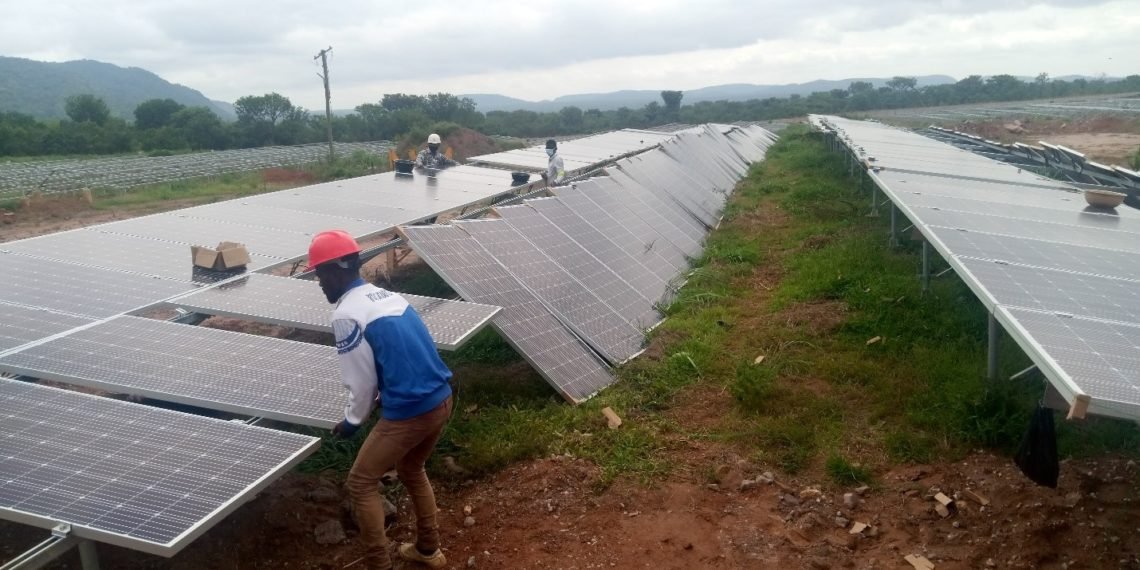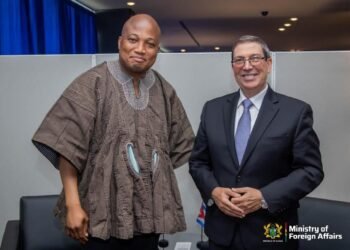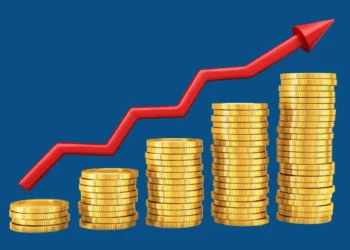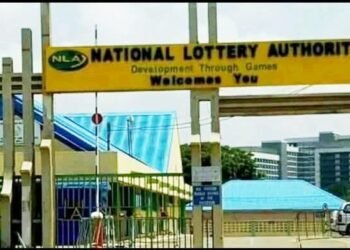The Bui Power Authority (BPA), is constructing a US$480 million-dollar solar energy facility to increase its power supply system in the country.
Mr Peter Acheampong, the Renewable Energy Manager of BPA, managers of the Bui Hydropower Dam project in the Banda District of the Bono Region, disclosed that, the solar farm upon completion, would add 250 Megawatts (MW) of power to the existing 400 MW dam’s production capacity.
He said that, the first phase of the solar development which is a 10 MW power is set to be completed by October, this year, with the second phase, a 40 MW to be completed at the end of 2020.
According to him, expansion works has already been completed on the Dam’s switchyard to accommodate the additional energy that would be generated from the 297-hectare solar farm, expected to last 25 years, before the recycling and changing of panels and work on the installation of the solar panels at the farm was steadily progressing.
He indicated as part of the BPA’s achievements within the renewable energy sector, a 1MW floating plant was also under construction on the Bui Reservoir, a project which would be the first of its kind in the West Africa sub-region.
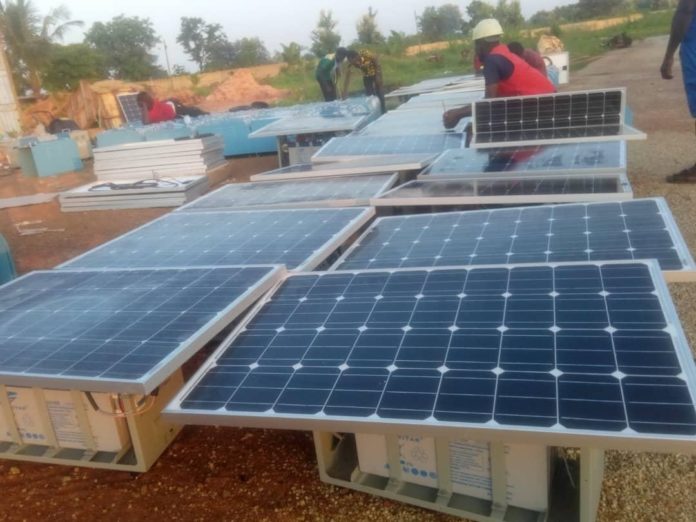
Mr Acheampong explained the development of the solar project was part of the government’s National Determined Contribution (NDC) towards the United Nation’s Framework Convention on Climate Change (UNFCC).
He noted that, the BPA strives to adopt innovative and sustainable technologies within the renewable energy sphere to meet its commitment to the agreement.
The government through the Ministry of Energy has outlined programmes and policies that would assist in the achievement of the set target of the Sustainable Development Goals (SDGs) 13-Climate action.
He added that, “To achieve the set targets, the BPA, leaders in the renewable energy was given the mandate to develop renewable energy potentials within the Bui Enclave and the Western Rivers.”
Mr Acheampong said, the Authority had since positioned itself to spearhead the development of renewable energy, particularly solar PV and hydro within the country to promote the government’s policy of increasing the renewable energy mix by 2030.
With the addition of the solar power, he said the BPA would still be capable of its normal operations while at the same time collaborating with the solar plant during the daytime off-peak period by providing the needed intermittency mitigation, power modulation and voltage regulation.
“To further complement our efforts in renewable energy, the Authority’s properties, particularly the head office in Accra operates as a ‘green building’ by running a hybrid of 30KW solar PV and 5KW wind systems, thereby reducing the total energy consumption of the building.”
The Bui hydro-electric project was designed primarily for hydro-power generation. It, however, includes the development of an irrigation scheme for agriculture development and presents an opportunity for enhanced eco-system and fisheries and also comprises a resettlement and community support programme.

